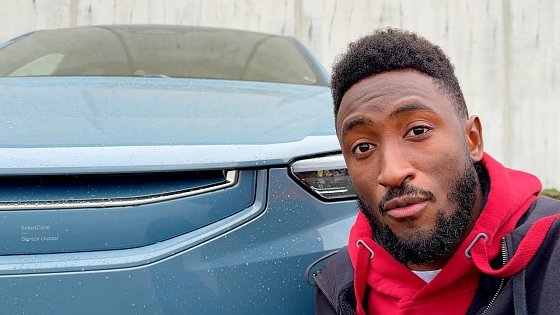Video Summary
The video review of the Polestar 3 notes the following:- It is a complex electric car, centered on the thermal management system, responsible for heating and cooling the cabin and batteries.
- The under-hood arrangement, and power train, is seen as rudimentary for what it is.
- A frunk is included, but its integration appears somewhat limited.
- The battery is a 400V 111 kWh lithium ion that sits underneath.
- There are two coolant circuits: one for the battery and one for the front and rear motors.
- The vehicle has modes for cold battery situations where it directs heat to the battery.
- If just cooling the battery, it sends coolant to the radiator.
- If that is not enough, there is a battery chiller using cold refrigerant to super-cool the battery coolant.
- A heat pump system is used for the cabin with reverse flow to heat it up.
- Overall thermal management is considered unnecessarily complex, achieving no special or unique benefit.
- The review found the suspension to be made of aluminum with nice welds but the wheels looked like they could of been cleaned better
- Lacks model badging.
- Door handles have the "pop up" feature and can't be used once the 12V battery dies.
For the interior:
- A minimalist design with impeccable build quality with well chosen materials with no rattles.
- It runs a generic Android tablet.
- The screen is decent sized and responsive, but generic.
- Lacks an intuitive design.
- Steering adjustments and mirrors can only be controlled through the center screen.
- Yellow seat belts in this particular trim.
- No push button to start.
Regarding driving the vehicle:
- A Tesla Model Y performs in the same areas while costing half as much.
- Handling is considered okay, but the weight of the vehicle is noticeable.
As the reviewer is unsure about whether one should buy the car:
- The baseline version gets a great range.
- It looks very interesting. However, technical information for working on the car is scarce, the thermal management seems overly complicated, and the interiors have cheap materials. There is also a big risk of losing its support after a short time.




